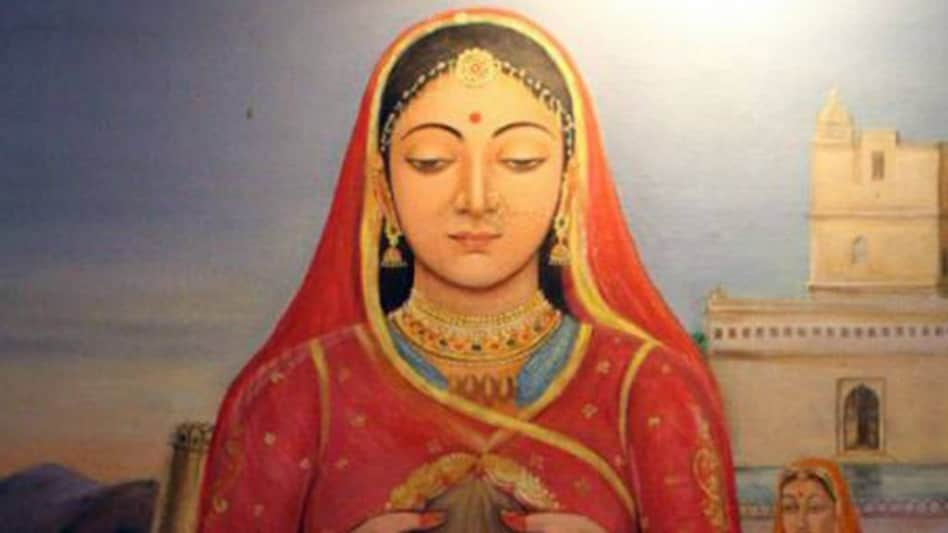
Princess
Reign : ( 1508-1534 )
Born : , Bundi
Died : 1534-03-08 ,Chittor
Spouse : Maharana Sanga
Children : Rana Vikramaditya and Rana Udai Singh,
Rani Karnavati also known as Rani Karmavati (died 8 March 1534), was a princess and temporary ruler from Bundi, India. She was married to Rana Sanga (c.1508-1528) of Mewar. She was the mother of the next two Ranas, Rana Vikramaditya and Rana Udai Singh, and grandmother of Maharana Pratap. She served as regent during the minority of her son, from 1527 until 1533.
Rani Karnavati took up the regency in the name of her elder son Vikramaditya, a weak ruler. In the meantime, Mewar was attacked for the second time by Bahadur Shah of Gujarat, at whose hands Vikramaditya had earlier received a defeat. It was a matter of great concern for Rani.
Rani Karnavati was a princess from Bundi, India, who became a prominent figure in the 16th century. She is primarily remembered for her role as the regent of Mewar during the minority of her son, Rana Vikramaditya. Her legacy is immortalized due to her brave decision to protect her sons and kingdom by sending them away during a turbulent time, ultimately leading to her self-immolation in the Jauhar.
Rani Karnavati’s decision to send her sons, Rana Vikramaditya and Rana Udai Singh, away from Chittorgarh was prompted by the looming threat of Bahadur Shah of Gujarat. Her elder son, Vikramaditya, had previously suffered a defeat at his hands. Recognizing that their defeat was imminent and to protect her sons, she entrusted them to her trusted maid, Panna Dai, who accompanied them to Bundi, ensuring their safety and care.
Jauhar is a grim practice from medieval India where women of a besieged fort would perform self-immolation to avoid capture by enemy forces. In the case of Rani Karnavati, she, along with other noble ladies of the court, chose to immolate themselves on March 8, 1534, when Chittorgarh was under siege by Bahadur Shah’s forces. This act was a desperate attempt to protect their honor and avoid falling into the hands of the enemy.
Rani Karnavati’s sacrifice occurred during a turbulent period in Indian history. The region was marked by political strife and conflict, with various rulers vying for control. The second attack on Chittorgarh by Bahadur Shah of Gujarat was a culmination of these tensions, leading to Rani Karnavati’s tragic decision to perform Jauhar along with the noble ladies of the court.
Rani Karnavati’s sacrifice had a profound impact on the future of Mewar. Her son, Rana Udai Singh, who was saved from the impending danger, went on to become a significant ruler. He laid the foundation for the resurgence of Mewar, and his grandson, Maharana Pratap, became one of the most celebrated figures in Indian history for his valiant resistance against the Mughals. Rani Karnavati’s sacrifice, though tragic, played a pivotal role in shaping the future of the Mewar dynasty.
There are no results matching your search
There are no results matching your search
© All rights reserved. Designed by Digital Darpan – Digital Marketing Company in Udaipur.